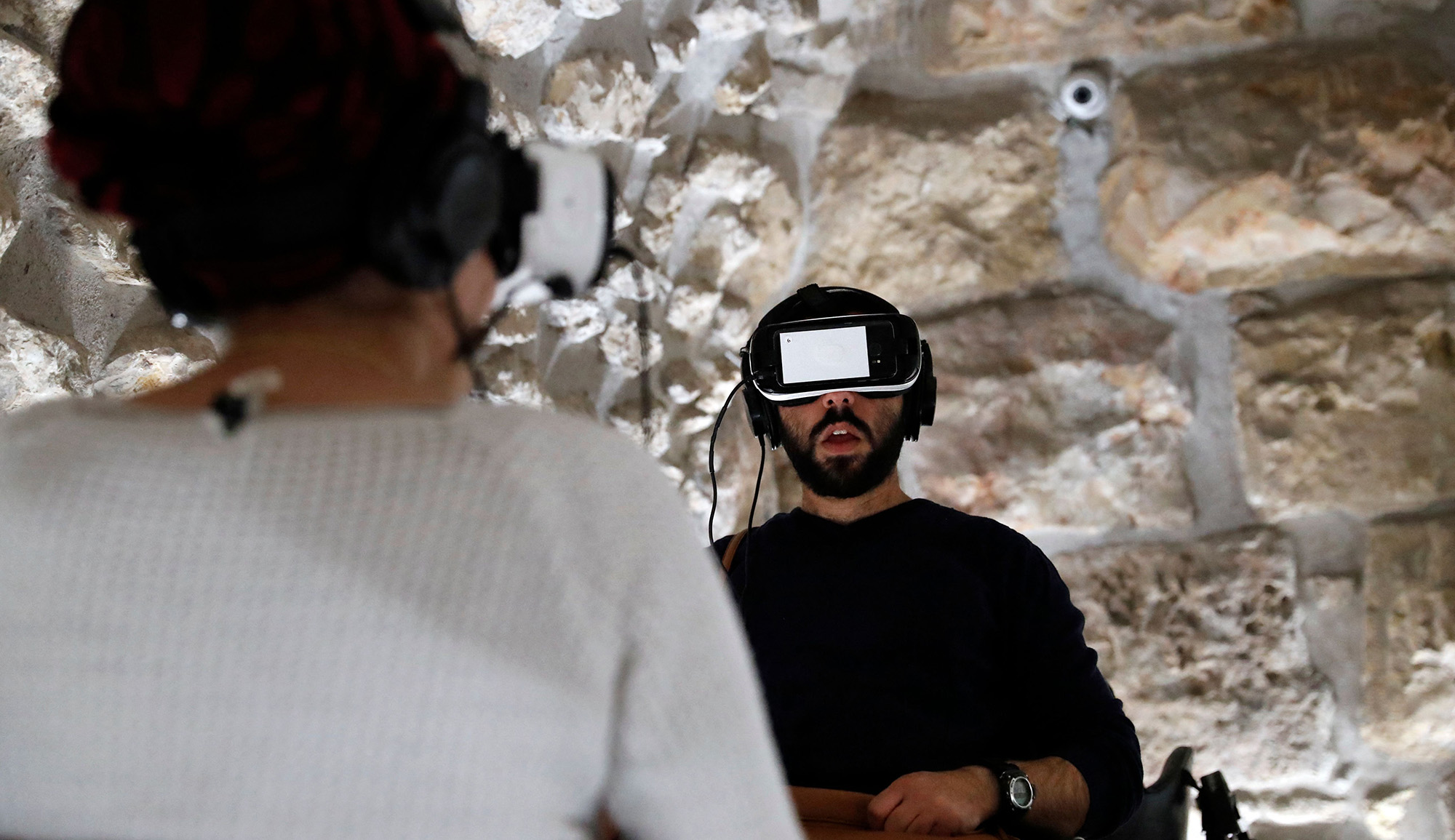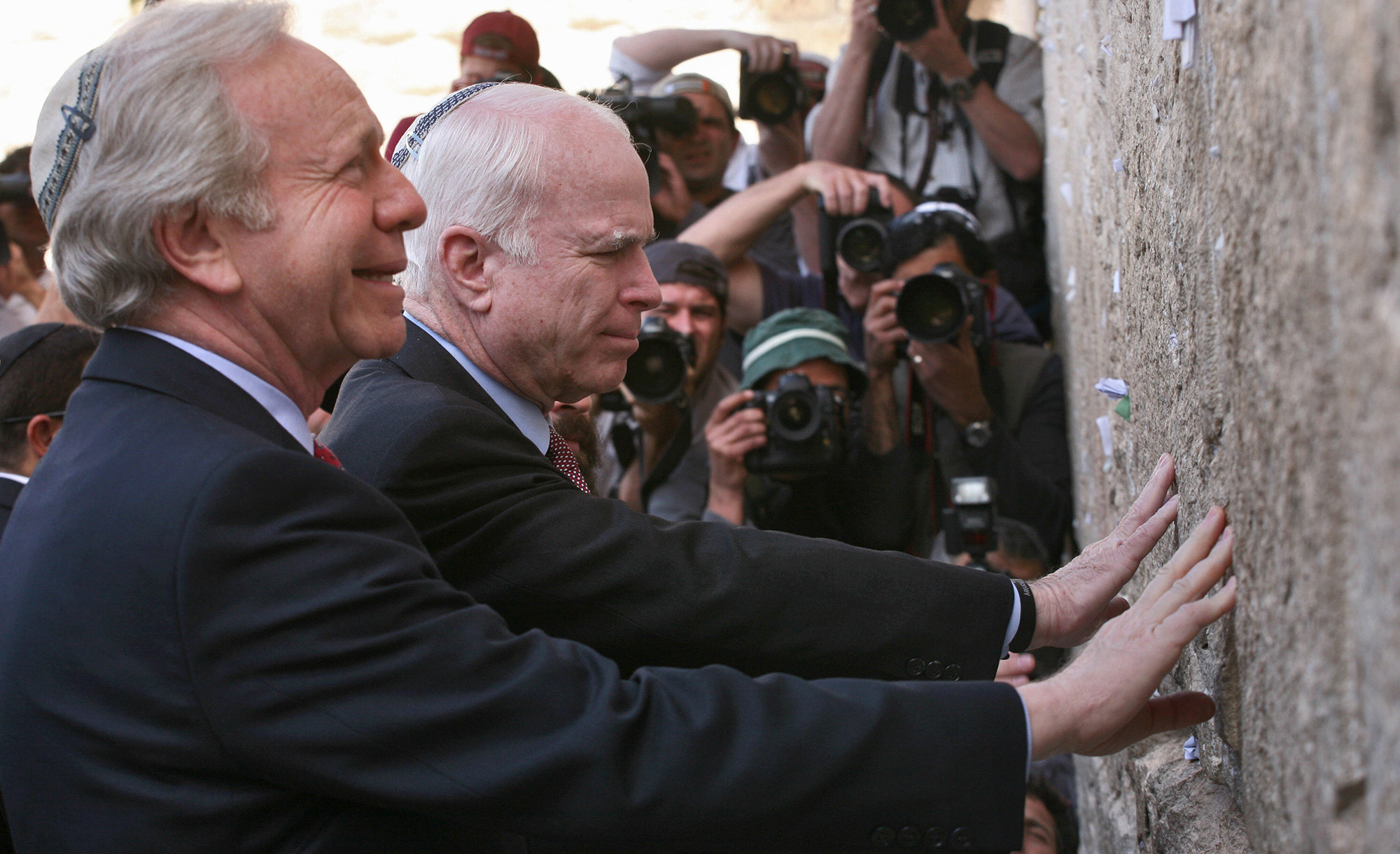Politics & Current Affairs
Judaism has the resources to confront artificial intelligence, if Jews are prudent about how to use them.
As both sides escalate by the day and as the fighting in Gaza simmers down, many Israelis are growing convinced that full-scale war with Hizballah is unavoidable. Are they right?
A 2019 conversation with the late senator on Herzl’s ideas, the effect that Israel has had on American Jewry, and more
A practicing Orthodox Jew, the late senator lived his faith; no political triumph ever seemed to dent his graciousness.
Jews can help the wider world fight the excesses of artificial intelligence, but in order to do so they need to learn how to speak about such matters in a language non-Jews understand.
The author of a new book diagnoses the dilemmas of American public life and suggests some ways of healing them.
An eminent Catholic thinker emphasizes the Jewish truth about Jesus.
A firsthand report from one of the epicenters of anti-Jewish protest in America.
In the wake of the February 26 riot, Jewish students are taking matters into their own hands.
October 7 has, unfortunately, vindicated the well-known professor’s antipathy to Israel’s critics.
Members of the nation’s oldest legal union have made life for Jewish colleagues miserable.
For young Americans, online dating has not only replaced the possibility, it’s also made it unappealing.
The author of a new book explains how American culture turned against raising kids, and looks to Jewish communities as models of healthy, family-oriented society.
AI has the potential to change the way Jews study Torah, observe Jewish law, work with rabbis, and teach their children. Will Jews resist those changes or welcome them?








